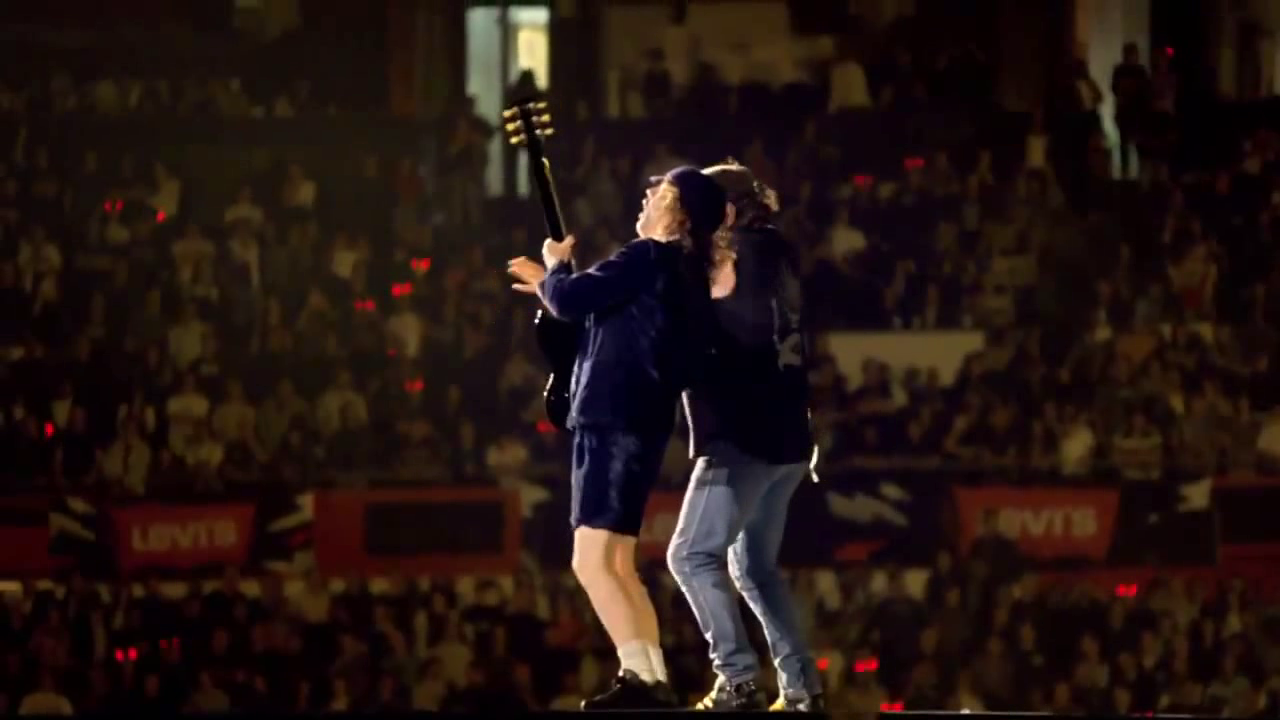
AC/DC
March 21, 2014 was perhaps the best night of my life.
For spring break, my father and I traveled to New York City for a mini vacation. He had a conference; I slept all day.
The last night of the trip, March 21, we had tickets to see Billy Joel at Madison Square Garden. I’d been looking forward to the show all semester for obvious reasons. Halfway through Joel’s set, he started chatting with the audience. Forget the show; the Piano Man wanted to talk.
My dad got up to buy a water because Joel didn’t seem pressed to continue the set. I had a gut feeling, though — a feeling that something major was about to happen. As I yelled for my retreating father, I caught a snippet of Joel’s story through the hum of the crowd.
“I saw maybe the best band I ever saw in my life play there,” he said. “And we’ve got a guy from that band that’s going to do a song with us right now. Please welcome from AC/DC, Mr. Brian Johnson.”
I can’t remember if I cried as Johnson took the stage and began to perform “You Shook Me All Night Long” beside Joel. I must have. And judging by the shriek-filled stadium, I couldn’t have been the only one.
It was a truly magical circumstance, but I have to admit: The night could’ve gone differently. Had Johnson strutted onstage playing “Rock N’ Roll Train,” a single off AC/DC’s 2008 album Black Ice, I would’ve been a little excited but not reduced to the emotional mess I turned out to be.
Legends like Johnson and Joel never die, but we measure legendary status with a specifically dated yardstick. AC/DC’s celebrated songs come from their early work: High Voltage, Highway to Hell and, of course, Back in Black. Their 15th internationally released studio album, Rock Or Bust, officially drops today — but does anyone really care?
More than a half-dozen “classic rock” musicians — from Tom Petty to Bruce Springsteen to Pink Floyd and, most recently, Queen — released albums this year. Their talent is still apparent, their songs are still good, but the music that made these artists great is stuck in the ’70s and ’80s.
We take their innovations for granted; they’ve become the norm. Whether that’s right or wrong doesn’t change the fact that nine out of 10 times, I’m going to listen to Springsteen’s “Thunder Road” over “High Hopes,” the title track off his 2014 album.
Joel stopped producing pop songs in 1993, but if his current residency at MSG is any indication, his career is anything but over. I’m not Billy Joel, and I don’t know his motives. I like to think, however, that he recognizes that, for his brand of rocker, classics will usually be more relevant than new material.
This isn’t to say that AC/DC and their peers should stop producing — if they have capability to press forward, they should — but as a music lover and listener, like so many others, I’m stuck in the past.



